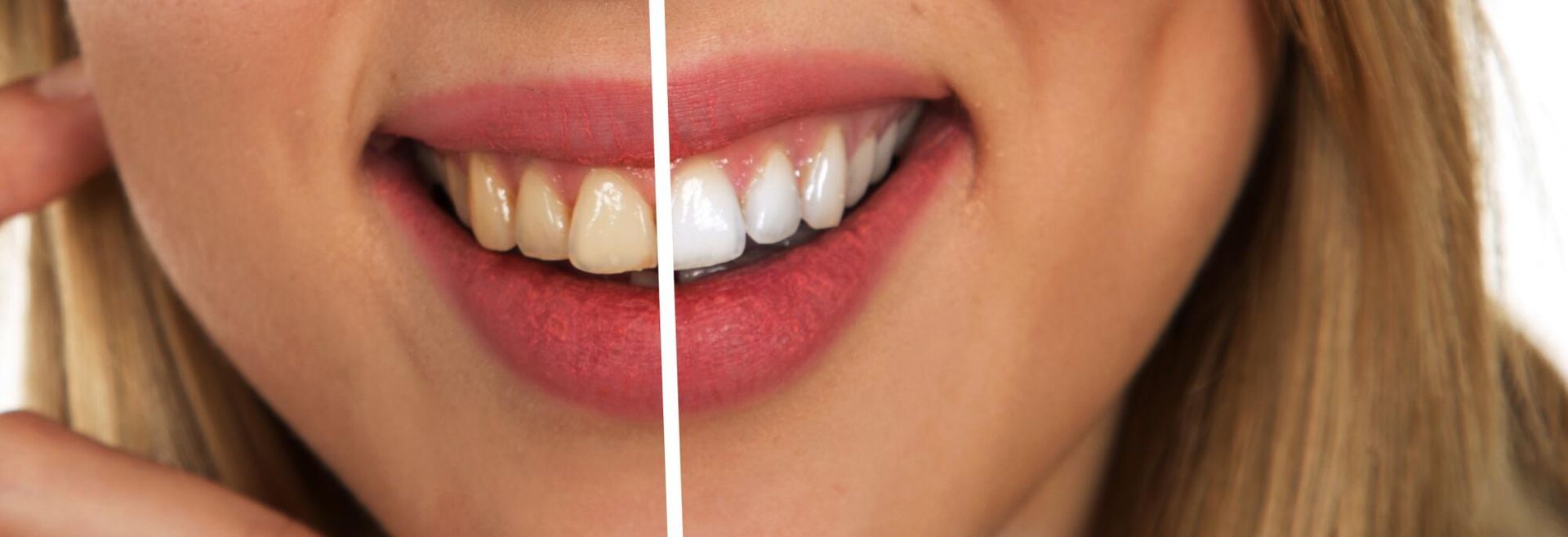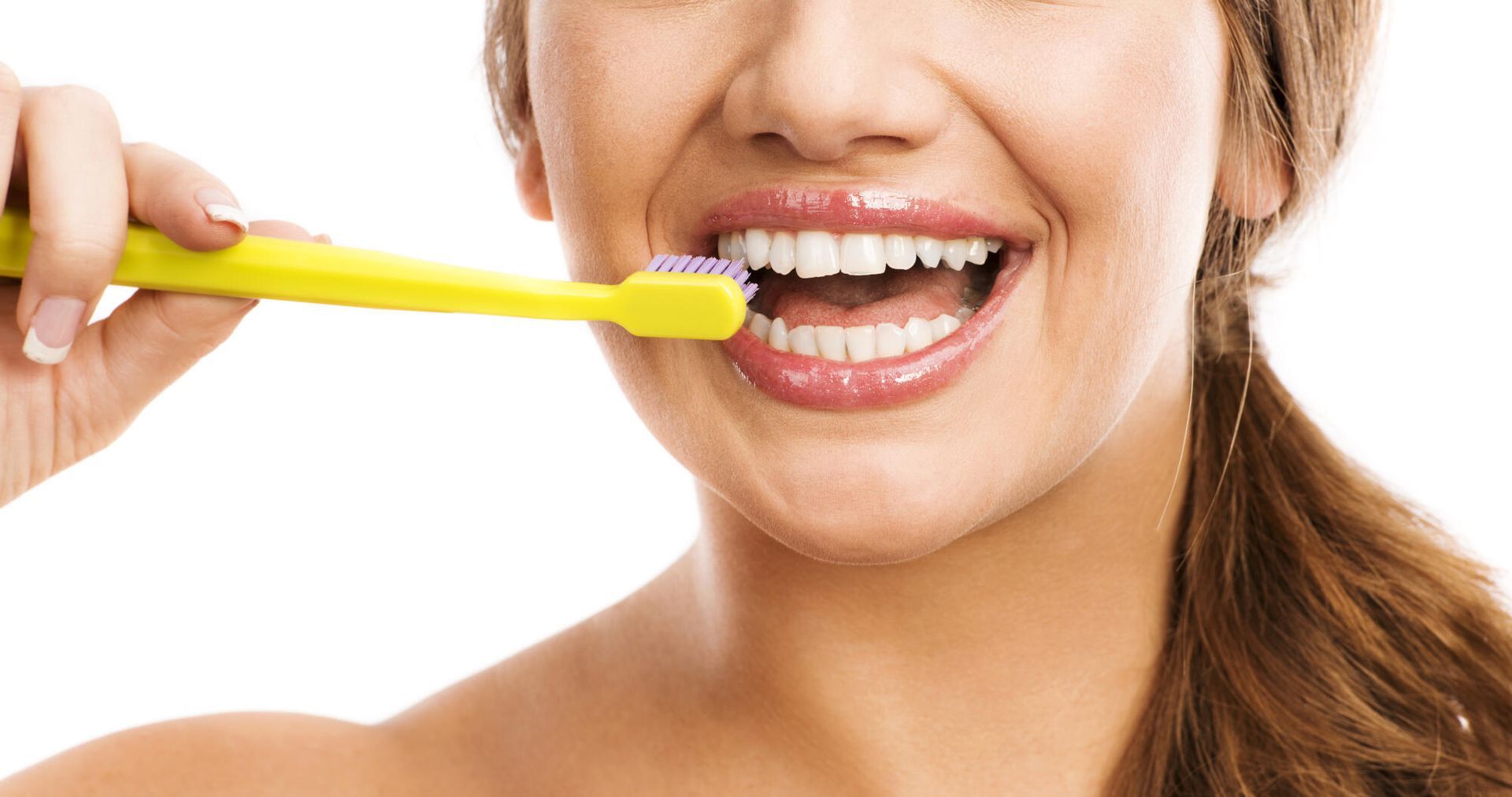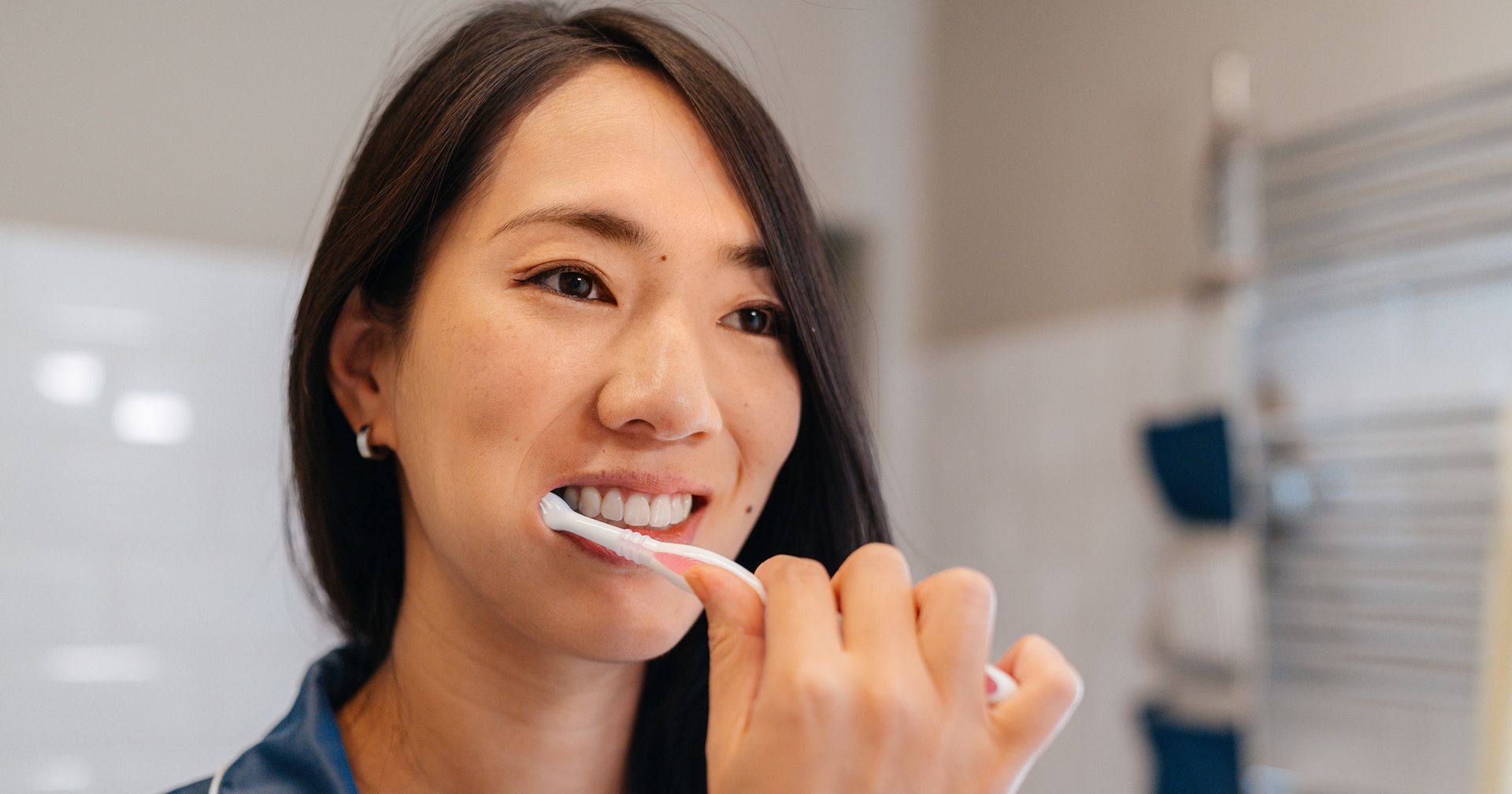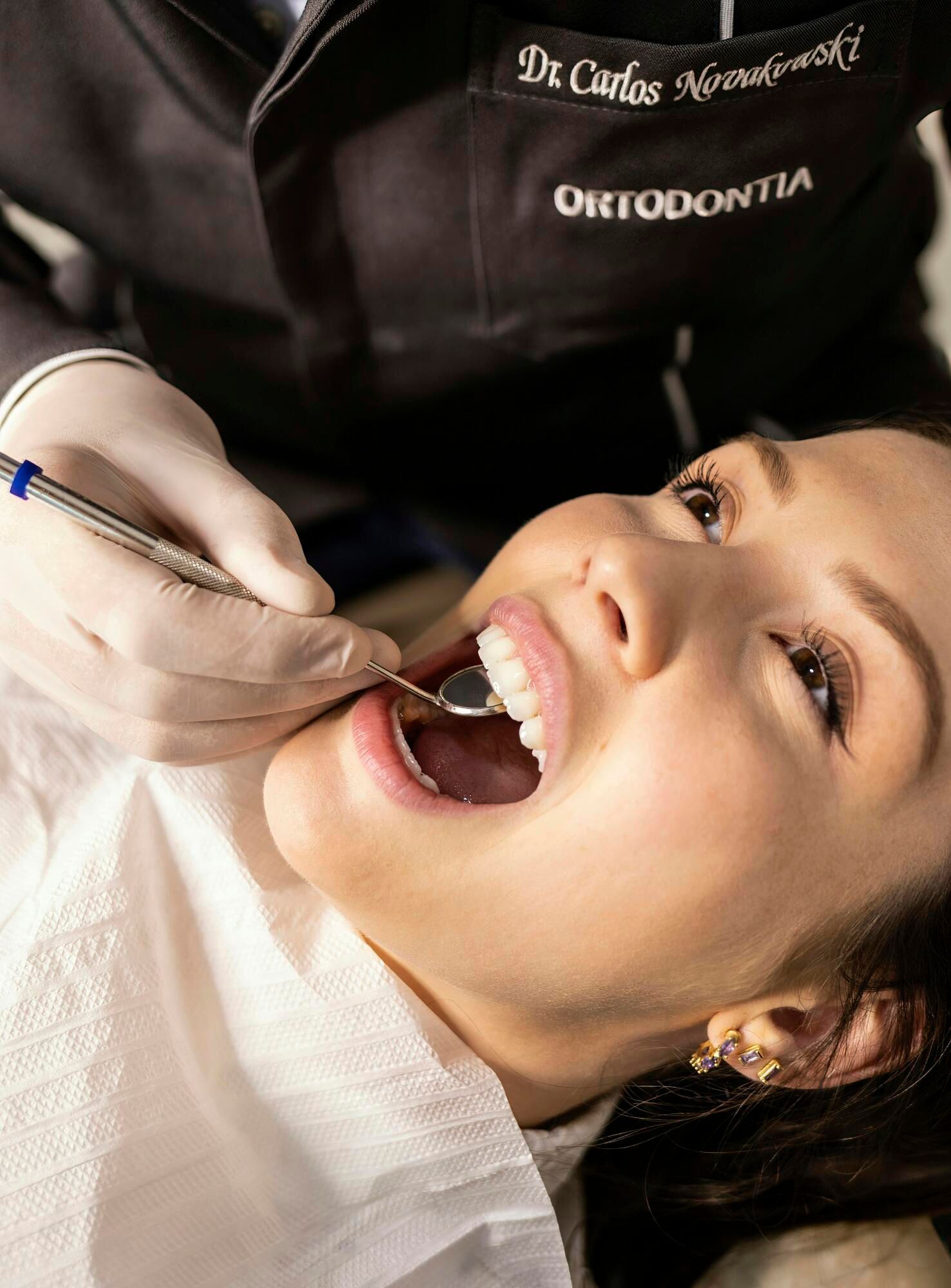Back-to-School Oral Health Tips Every Parent Should Know
Strong oral health for kids comes from daily brushing, flossing, and regular checkups. Adding healthy snacks and quick clean-up routines at school helps stop decay before it starts.
Around 50% of children aged six to eight have had cavities in baby teeth, according to the Centers for Disease Control and Prevention. That number highlights how quickly dental issues can develop if daily care slips.
Simple habits, such as brushing, flossing, and making smart snack choices, make a real difference. Basic oral health tips now can spare your child discomfort later and protect their confidence at school. For straightforward ways to strengthen their smile and keep teeth healthy all year, read on.
Build Strong Daily Habits
Children thrive on simple routines; oral care is no different. Consistent brushing and flossing form the foundation of dental hygiene practices, helping kids keep their smiles healthy through the school year.
Make brushing part of morning and bedtime rituals, so it feels automatic. Pair it with fun tools like colorful brushes or timers that make two minutes fly by.
Brushing twice a day keeps plaque from hardening and reduces the risk of gum issues. Flossing may feel tricky at first, but younger children can use floss picks until they master the skill.
Encourage rinsing with water after meals when brushing isn't possible. Small actions can dramatically lower cavity risk.
A checklist by the bathroom sink or a reward chart on the fridge can give kids a sense of accomplishment. Parents who join in by brushing at the same time show that oral health is a shared value at home. Consistency is the secret to lasting results.
Here are a few reminders to keep routines simple:
- Brush for two minutes
- Floss once daily
- Rinse with water
- Replace your brush often
Building these habits early helps prevent bigger problems later.
Healthy Snacks That Protect Teeth
Healthy snacks do more than fuel your child through a busy school day; they also shape oral health. Sugary treats stick to teeth and feed bacteria that cause decay. Choosing smarter options gives kids steady energy while also protecting enamel from acid attacks.
Crunchy fruits and vegetables scrub teeth naturally as they chew. Calcium-rich foods like cheese and yogurt strengthen enamel, while whole grains offer fiber that supports overall health.
Water is the best drink for hydration and plaque prevention, as it rinses away debris without coating teeth in sugar. Pack lunches with these safe choices to make dental care easier, even when your child is away from home.
Snack swaps can feel small, but they add up over time. Encourage your child to enjoy crisp apples instead of cookies or to sip water instead of soda.
Those changes shield smiles while still being fun and satisfying. Involving kids in shopping or prepping their snacks helps them feel invested in their health. Smart snacking guards smiles all day.
Here are a few winning options:
- Crunchy apples
- Baby carrots
- Cheese cubes
- Yogurt cups
- Whole-grain crackers
Simple, thoughtful food choices protect teeth while giving your child steady focus in class.
Make Dental Visits Part of the Routine
School schedules fill quickly, but regular dental visits should remain a top priority. Dentists can spot early signs of tooth decay, track gum health, and give tailored guidance for your child's needs. A back-to-school checkup sets the stage for a confident, pain-free year.
During visits, dentists may recommend fluoride treatments or sealants that add an extra shield against cavities. Sealants protect molars where food often hides, while fluoride strengthens enamel to fight off acid. These small preventive steps can save your child from future discomfort and costly procedures.
Parents play a role, too. Talk through the visit before you go so your child feels calm and prepared.
Let them bring a small toy or book for comfort in the waiting room. Positive associations now make lifelong dental care easier to maintain. Routine visits are a foundation for lasting health.
Keep these points in mind:
- Schedule every six months
- Ask about sealants
- Fluoride if needed
- Track gum changes
- Encourage questions
Adding dental appointments to your yearly school checklist ensures teeth stay strong and smiles stay confident. Those visits give your child tools for lifelong protection.
Encourage Good Brushing Technique
Brushing is more than running a toothbrush across teeth; technique matters. Many children brush too quickly or miss key areas, which weakens gum health and leaves plaque behind. Teaching correct motions early builds stronger habits that last.
Show your child how to hold the brush at a slight angle toward the gums. Gentle circles clean more effectively than harsh back-and-forth strokes.
Remind them to cover every surface: front, back, and chewing areas. Singing a two-minute song or using a timer keeps the process fun and long enough to be effective.
Parents can brush alongside children to model proper care. Checking their work afterward helps guide them without turning it into a chore. Good technique makes each minute of brushing count.
Here are helpful reminders:
- Angle brush 45 degrees
- Small circular strokes
- Cover every surface
- Brush for two minutes
- Replace their brush often
A few corrections now prevent bigger problems later. Kids who learn technique properly are more likely to keep strong habits through their teenage years and beyond.
Handle Emergencies Confidently
Accidents happen, and knowing how to respond quickly protects your child's teeth. Chipped, cracked, or knocked-out teeth require prompt action to minimize damage and prevent infection. Staying calm helps your child remain reassured during the process.
Keep a small emergency kit at home or in your car with gauze, a cup, and contact numbers for your dentist. If a tooth is knocked out, rinse it gently and place it in milk or a specialized solution until you reach the dentist. For chips or cracks, rinse the mouth, apply cold compresses to reduce swelling, and schedule an urgent dental visit.
Teaching children basic steps (like not touching the root of a fallen tooth and avoiding biting down on damaged teeth) gives them confidence in emergencies. Quick action can save teeth and reduce future dental procedures.
Essential emergency tips:
- Rinse the affected area
- Use gauze for bleeding
- Store tooth in milk
- Contact your dentist fast
- Apply a cold compress
Prepared parents prevent long-term damage and keep smiles intact. Children gain reassurance knowing someone knows exactly what to do.
Encourage Hydration and Healthy Drinks
What children drink affects their oral health as much as what they eat. Sugary drinks, including sodas and flavored juices, coat teeth in sugar and feed bacteria that cause cavities. Water and milk are safer choices that support enamel strength and overall health.
Encourage your child to drink water throughout the day. Plain water rinses away leftover food and acid, helping with plaque prevention.
Milk provides calcium and vitamin D, strengthening teeth and supporting jaw development. Limit sugary beverages to special occasions, and teach children to sip slowly to reduce exposure to teeth.
Parents can make hydration fun by adding reusable water bottles, stickers, or fruit-infused water. Drinking routines alongside meals and snacks create consistent protection. Healthy hydration keeps teeth strong and gums happy.
Tips for daily drinks:
- Water at meals
- Plain milk
- Avoid soda
- Limit juice
- Encourage small sips
Small, consistent habits in hydration reduce cavities and support gum health. Children who adopt these practices enjoy fresher breath, stronger teeth, and a foundation for long-term oral care.
Frequently Asked Questions
How often should my child brush their teeth?
Children should brush their teeth twice daily; once in the morning and once before bed. Each session should last for at least two minutes to effectively remove plaque and prevent cavities. Using fluoride toothpaste and a soft-bristle toothbrush is recommended.
At what age can my child brush their own teeth?
Children typically develop the necessary skills to brush their teeth independently around age 8. Until then, parents should supervise and assist with brushing to ensure thorough cleaning.
What should I do if my child has a toothache?
If your child complains of a toothache, it's important to schedule a dental appointment promptly. In the meantime, you can alleviate discomfort by applying a cold compress to the outside of the mouth and giving age-appropriate pain relievers as directed by a healthcare professional.
Are fluoride treatments necessary for my child?
Fluoride treatments can be beneficial in strengthening tooth enamel and preventing cavities, especially for children at higher risk. Consult with your child's dentist to determine if fluoride treatments are appropriate.
How can I make dental care fun for my child?
Incorporate fun elements like brushing charts, colorful toothbrushes, or brushing songs to make dental care enjoyable. Engaging your child in the process can help establish positive oral hygiene habits.
Oral Health Tips Explained
These oral health tips provide clear, actionable steps to keep your child's smile bright and strong throughout the school year. Daily routines, smart snacks, and regular dental visits build a foundation for lasting dental health.
At Simply Smiles in Ashburn, VA, we specialize in preventive dentistry tailored for children. Our expert team offers comprehensive services, including fluoride treatments, dental sealants, and custom sports mouthguards, to ensure your child's oral health is protected. We accept all PPO insurance plans and provide affordable treatment options, making advanced dental care accessible for your family.













